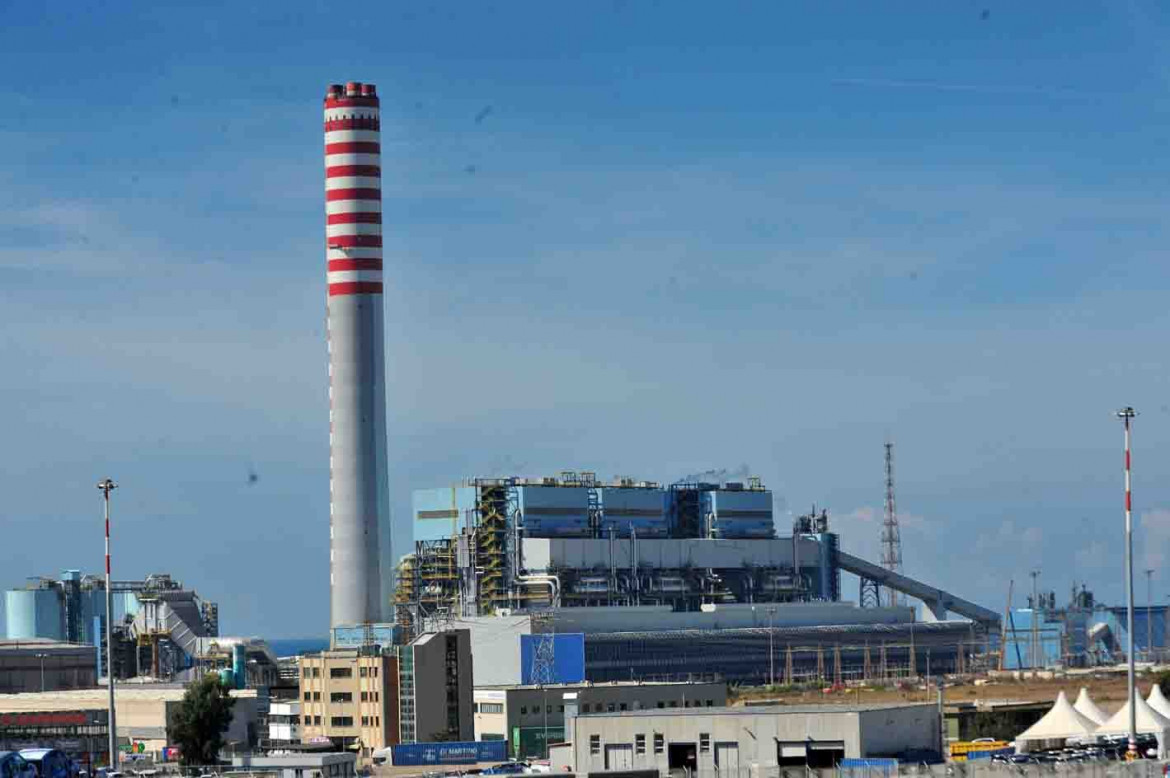Commentary
Italy can run on wind, but Meloni keeps chasing fossil fuels
The Meloni government, in continuity with the previous one, keeps chasing gas and doesn’t see the enormous potential it has before its eyes.

A major piece of news was published by Terna, the public company that manages the Italian electricity grid, and has gone unnoticed. The news is that there are 95 GW of applications for new offshore floating wind power plants to be connected to the national grid, made possible by technological developments. These requests alone would make it possible to go beyond the 70 GW of new renewable capacity needed to meet the targets under the new European legislative package (Fit for 55) by 2030.
Moreover, 80 percent of the applications are in the South and can ensure electricity supply first and foremost to that area, as well as to the rest of the country.
Terna said that by the end of the year it would complete the planning of technical connection solutions for all requests (so far, plans have been drawn up for 22 GW). Investments could then start and Italy could reach the 70 GW target before 2030, with substantial autonomy in electricity production. Applications for offshore wind projects, doubled from 2021, are part of a total of 300 GW of renewables that could potentially be connected to the grid, including about 100 GW from wind. In other words, Italy’s real goldmine lies here, not in the reactivation of fossil gas extraction (estimated at an additional 1.5 billion cubic meters per year). In essence, a clear potential for investment in renewable energy plants is in danger of not being realized because the government is not making the necessary decisions to get the process started.
First of all, the government needs to quickly adopt the “regulatory” plan for maritime space, clearly indicating the sea areas where wind plants can be located, at a distance of 25 to 30 km from the coast, as proposed in Civitavecchia, to avoid impacts on the landscape, the environment and people’s lives.
In addition, there is a need for the government to decide on the unbundling of tariffs for electricity generated from renewables and electricity generated from fossil fuels. After all, it has already decided that the extra extracted fossil gas will go to energy-intensive companies at a capped price: why not proceed with the price differentiation between renewable and non-renewable sources as well, since they’re already counted separately in every electricity bill?
The Meloni government, in continuity with the previous one, keeps chasing gas and doesn’t see the enormous potential it has before its eyes to make our country’s energy autonomy a reality and also contribute to the fight against climate change.
There is, of course, the problem of energy storage for times of intermittent production: the solution lies both in using the potential of hydroelectric pumping right away, which amounts to more than 7 GW, with which Terna could guarantee continuity of supply, and in setting up innovative and adequate storage systems such as batteries, as in other countries.
A speedy approval of installation projects – meeting the criteria of the maritime space plan, which still needs to be approved, and in compliance with all constraints in place, with a favorable opinion from both the regions and local communities – should be ensured with a special system of public approval, which would adopt decisions within a certain and quick timeframe. The same is true for solar energy plants, which so far have been hampered by unacceptable delays.
New installations from renewable sources should not only be linked to an independent tariff system, but projected as a part of a long-term tariff system that would provide cost certainty for the production system and for consumers and would counteract inflation.
The realization of most of these investments would also be a guarantee of being able to rely on only “green” hydrogen as a storage and carrier with flexibility.
With all this comes the possibility of developing investment and work in cutting-edge sectors and, at the same time, renewing those in basic industry: consider, for instance, the steel and the work required to produce, install and maintain the new energy facilities.
The government should revise its near-sighted focus on energy production from fossil fuels: a mistake that over time will make Italy less and less competitive, not only compared to China, but also with respect to more forward-looking European countries such as Germany, Spain, Britain, Portugal and Denmark.
This is why a new energy plan must be approved as soon as possible, and for all these reasons, we are renewing our request to the government to quickly convene a National Conference to identify, via maximum participation, the outlines of a new environmental energy plan.
Originally published at https://ilmanifesto.it/lo-strabismo-del-governo-sugli-investimenti-fossili on 2022-11-30
